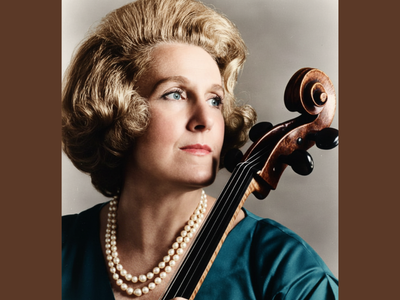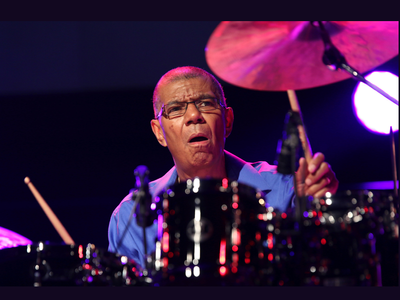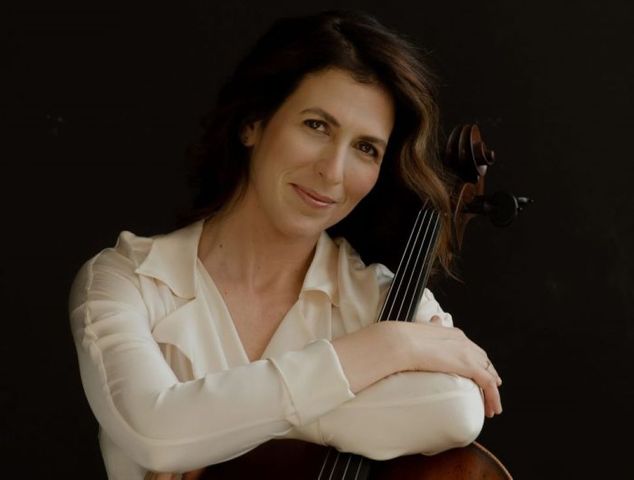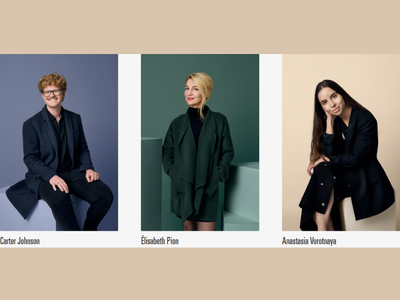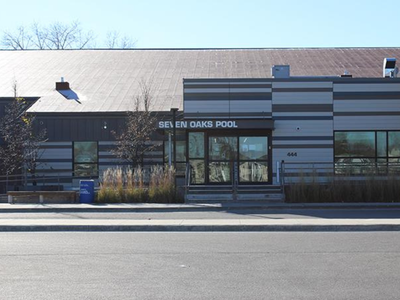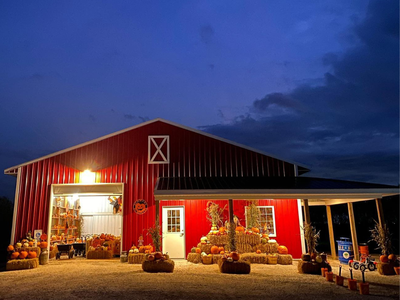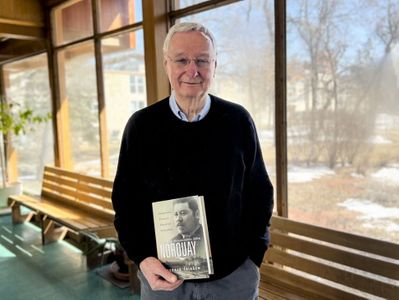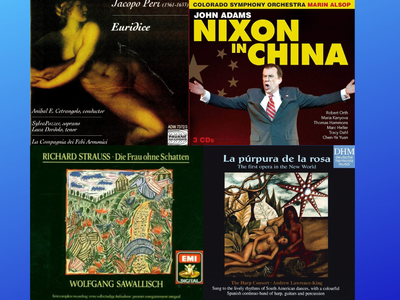Arts & Culture
Composition gives fresh eyes to International Cello Festival performances
After months of preparation and anticipation, the International Cello Festival of Canada officially gets underway in Winnipeg this week with some of the best cellists in the world descending on the city for unique solo performances and collaborations with local ensembles. Presented in association with the Agassiz Chamber Music Festival, the endeavour has captured the imaginations of local music enthusiasts and the stars of the instrument at centre stage. In the case of the American-Israeli cellist Inbal Segev, that imagination is on display in both interpretations of the stalwart repertoire of the instrument over the course of the last four centuries and in new compositions that she and others in the festival’s lineup create. “I think the styles that people bring in are very diverse,” she said in an interview on Morning Light, “and yet, we all play Bach and we play Beethoven and we play Haydn.” .embed-container { position: relative; padding-bottom: 56.25%; height: 0; overflow: hidden; max-width: 100%; } .embed-container iframe, .embed-container object, .embed-container embed { position: absolute; top: 0; left: 0; width: 100%; height: 100%; } Like young cellists all over the world, Segev was brought up on the classics. Her prowess at them got her brought to America at a young age from her home in Israel at the recommendation of Isaac Stern. Even after a luminary four-decade-plus career that has seen her perform on the world’s most iconic stages in repertoire ranging from Bach to Beethoven and beyond, Segev says she is still discovering new things about her instrument. “For me, there’s the interplay between the old way of playing with a Baroque bow and gut strings and making these idiomatically written music work well – better, perhaps – for the modern cello,” she says. “There’s always a thought there. What are we losing by using a modern instrument and what are we gaining?” View this post on Instagram A post shared by Agassiz Festival (@agassizfestival) The give-and-take relationship of the instrument with time is something that Segev channels into her own work. During the early days of the public health lockdowns due to the COVID-19 pandemic, Segev found herself needing to say things through her cello that she had not yet had a chance to with the repertoire she was recording. “It gives me a different venue and a way to grow,” she explains, “because I think after playing the cello for so many years, 45 years, I needed something to help me go forward to enrich my life.” “You want to bring something new to the table,” Segev continues. “Nobody needs another Beethoven or another Bach. But, on the other hand, obviously, this is very much in my DNA and all of our DNA. So, I love music that is tonal, but I do find other ways to bring it into the future." View this post on Instagram A post shared by Agassiz Festival (@agassizfestival) As Segev returns to the past in the International Cello Festival of Canada performing music by Beethoven and C.P.E. Bach among others, she is also bringing her newfound perspective of the future to the well-loved sounds of music history. “When we study a score by Beethoven, we treat it as a Bible, as something that should not be changed and is absolutely the last word,” she says. “It’s a good starting point, but I think we also realize that when you write, you realize that people are people. People are human and they make mistakes and they can change things if they don’t work.” Audiences can see Segev’s work in several places during the next number of days at the International Cello Festival of Canada. A full program can be found at the festival’s website.
